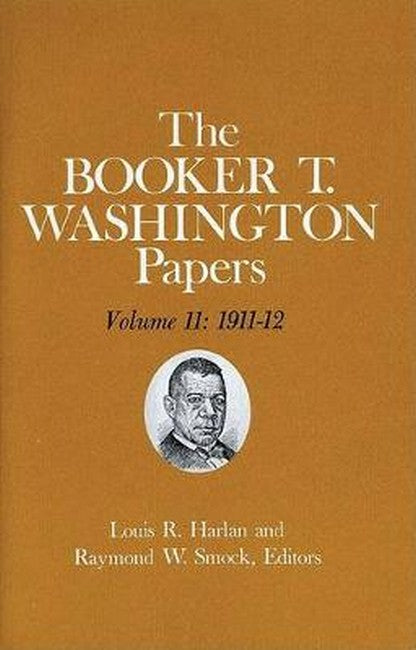In 1911 and 1912 Washington continued to travel, lecture, and write in America and abroad. In England and Europe he studied working-class conditions and included his observations in The Man Farthest Down (1912). During this same time period, however, he and his Tuskegee Machine suffered systematic shocks from which they only partially recovered. Washington's political role as presidential adviser declined steadily during Taft's administration. The decline itself was overshadowed, if not hastened, by Washington's involvement in a highly sensationalized incident - his brutal beating at the hands of Henry Albert Ulrich in early 1911. While this act stimulated a wave of sympathy from Washington's supporters, the circumstances surrounding the incident provided added fuel for his detractors.''Washington will remain a fascinating figure precisely because of his diversity and ambiguity. Thanks to the first-rate efforts of Louis R. Harlan, Raymond W. Smock, and their associates, Washington is also becoming a more accessible figure. All students of American history are in their debt.''-Richard B. Sherman, American Historical Review ''The Washington Papers continue to provide a rich load of material for social historians. Intelligently and imaginatively edited, they illuminate not only the life of Booker T. Washington but the several worlds in which he lived.''--Allan H. Spear, Journal of American History On the subject of Washington ''There is no better source to consult than Louis R. Harlan's biography and the first . . . volumes of the Washington papers.''--New York Review of Books ''A major enterprise in Black historiography.''--Times Literary Supplement

